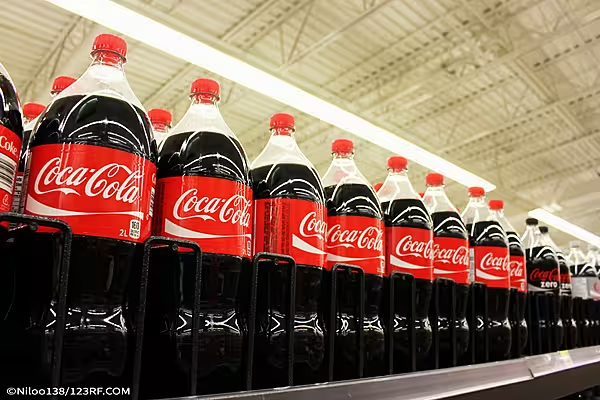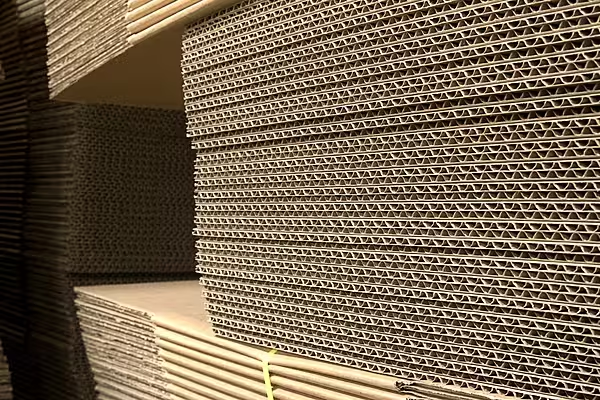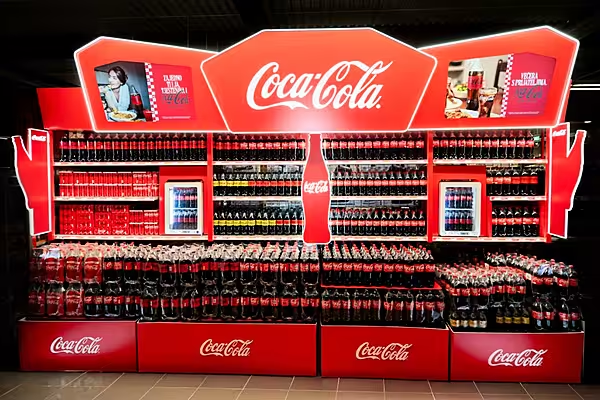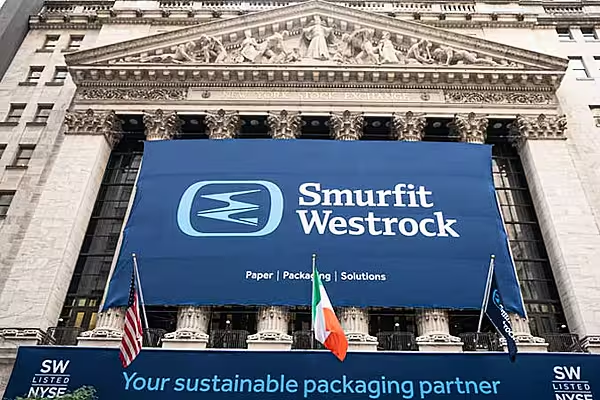Packaging giant Smurfit Kappa has released its annual Sustainable Development Report, in which it announced that it has achieved a 26% reduction of CO2 emissions - three years ahead of schedule.
Last year, the international packaging leader set a target to reduce fossil CO2 emissions in its mill system by 25% by 2020.
Smurfit Kappa said that while its paper and packaging are all renewable and recyclable, production of the paper itself is quite energy intensive. It has moved to using renewable fuel sources such as biomass where feasible to reduce CO2 consumption.
Tony Smurfit, group chief executive, Smurfit Kappa, said, "2017 was yet another year with a strong performance on sustainability metrics for Smurfit Kappa and I am confident this will continue into the future. In the next five years, we plan to allocate significant capital to projects that will contribute further towards lowering our environmental footprint and we will continue to invest significant resources in the development, safety and wellbeing of our people.
“This report is also evidence of our industry-leading transparency and demonstrates how Smurfit Kappa is making progress in supporting the UN’s 2030 Sustainability Development Goals.”
Across The Board
The 2017 Sustainable Development Report also highlighted that the packaging firm reached two other targets in 2017.
Smurfit Kappa successfully reduced the chemical oxygen demand in its water three years ahead of schedule. In addition, it also achieved a 9% reduction year-on-year in lost time accident frequency rate over the five year period of 2013-2017, where it’s original target was a 5% decrease.
Steven Stoffer, Group VP Development at Smurfit Kappa, added, “For Smurfit Kappa, sustainability is not only about mitigating climate change and reducing inefficiency. For packaging to be truly sustainable, it must be produced and designed in a sustainable fashion and be biodegradable within a relatively short time after multiple usages. This results in minimal impact on the planet.
“Paper-based packaging is uniquely positioned to do this, and we strongly support the growing concern and efforts to put an end to the increasing mass of non-biodegradable, primarily plastic packaging floating in our oceans. This is why we believe that paper is the future of packaging.”
© 2018 European Supermarket Magazine – your source for the latest retail news. Article by Aidan O'Sullivan. Click subscribe to sign up to ESM: European Supermarket Magazine.














